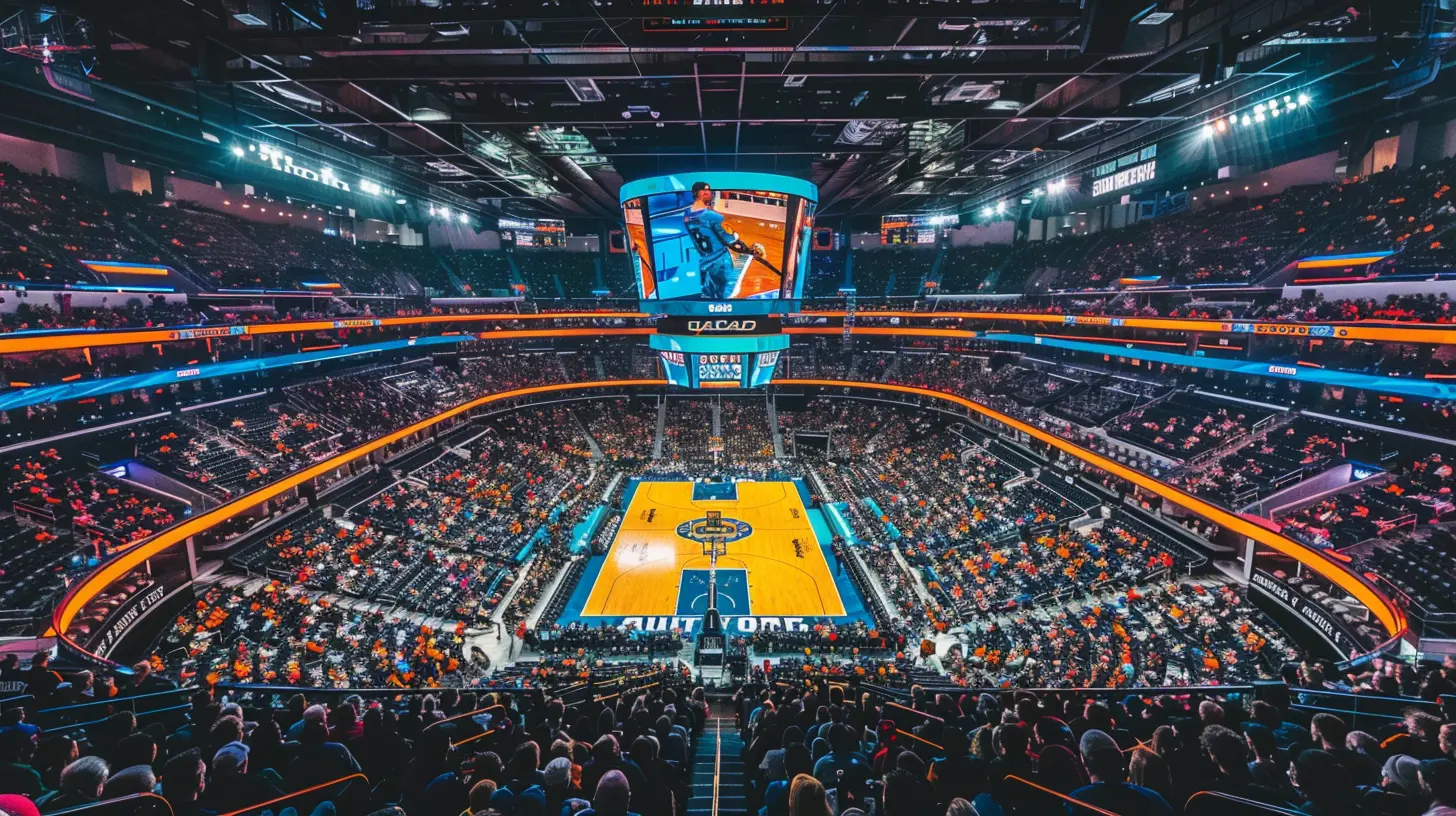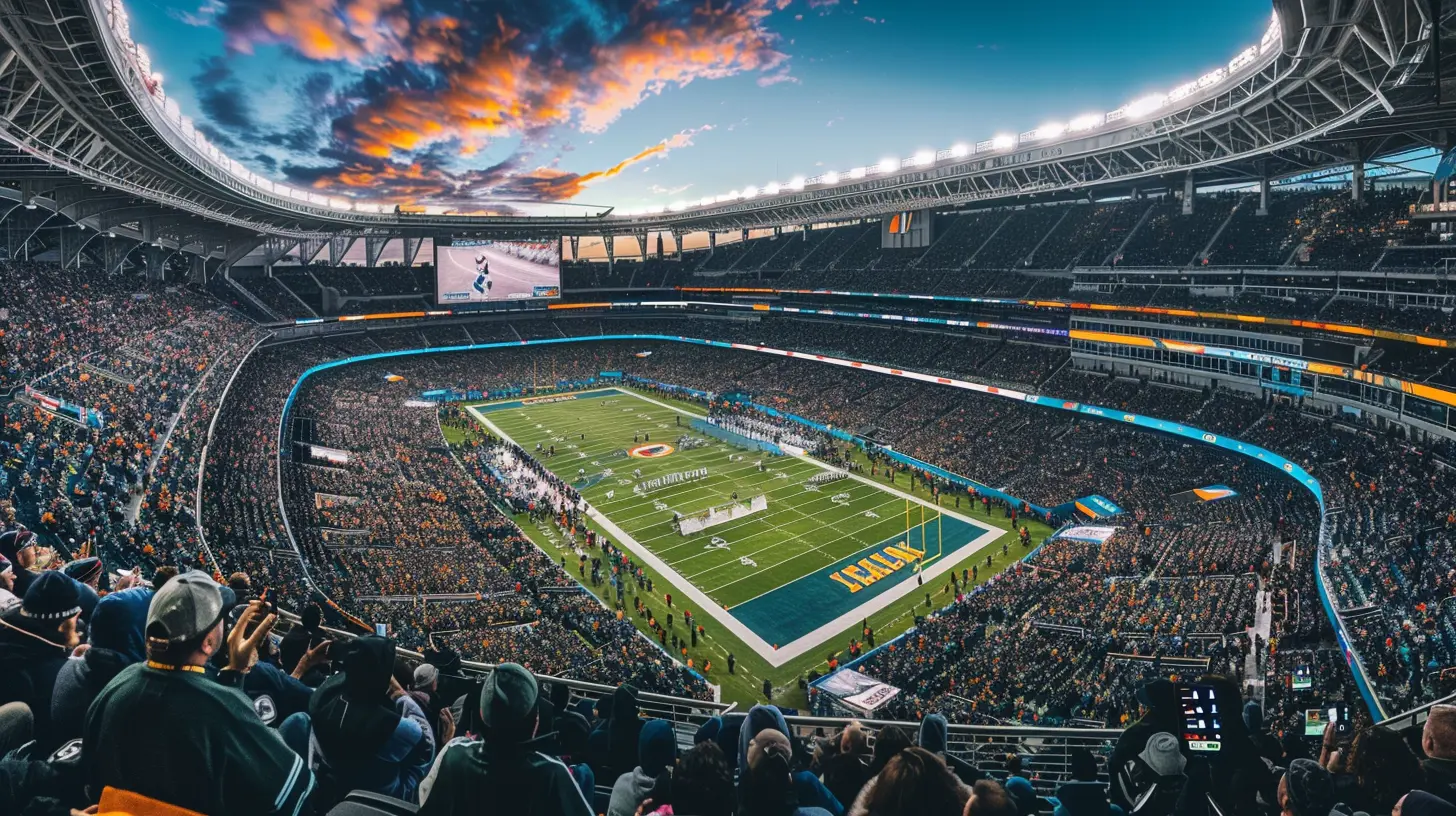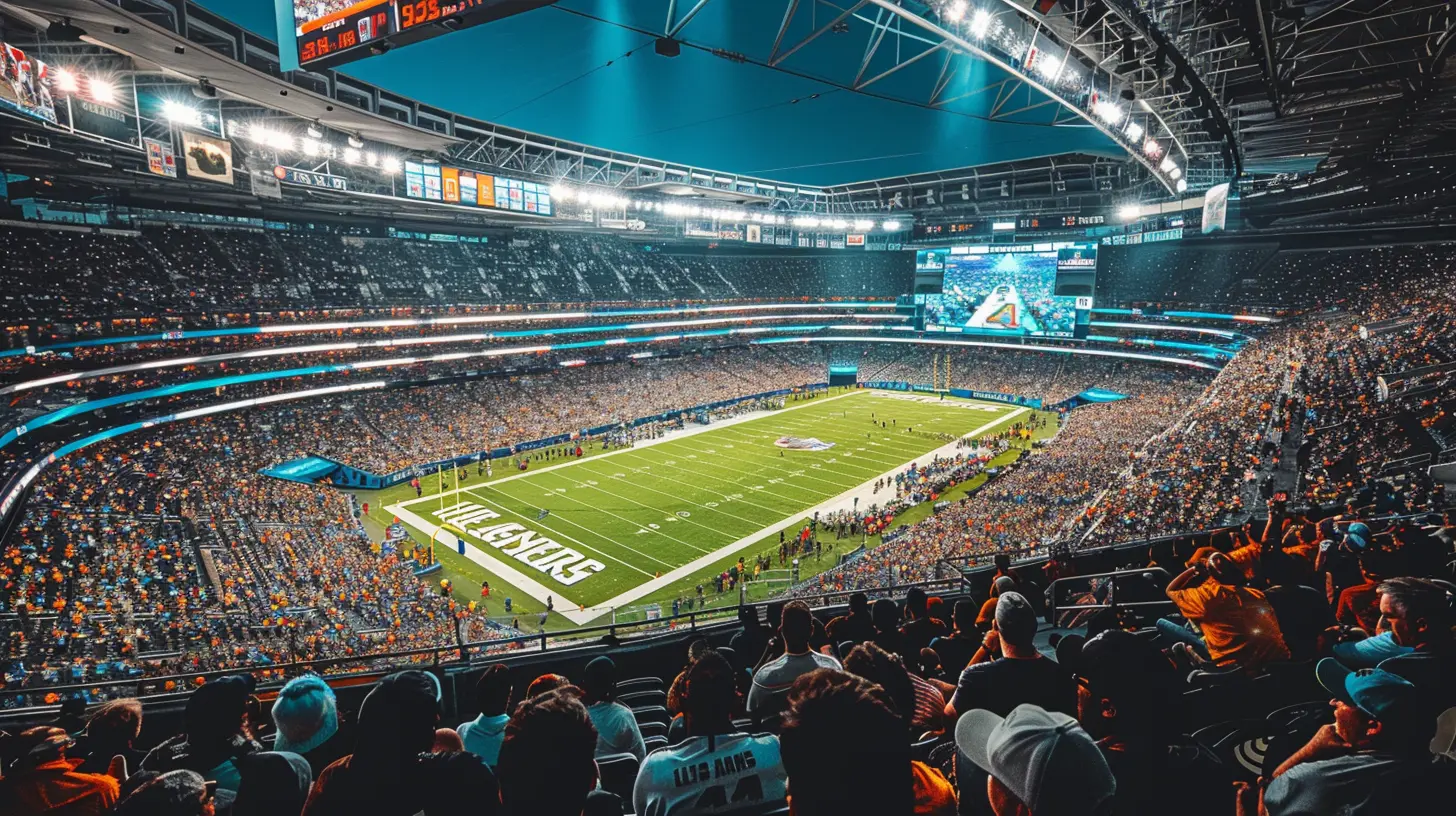How Free Agency Changed the Landscape of Professional Sports
2 August 2025
Ah yes, free agency—a.k.a. the reason your favorite team suddenly forgot how to draft, manage money, or keep its star player from packing up and hopping on a private jet to Miami. Once upon a time, athletes stayed with one team for their entire careers (unless they were traded like Pokémon cards). But those days are long gone, my friend. Free agency kicked open the door, flipped the Monopoly board, and now we live in a sports world that’s basically a never-ending episode of “Keeping Up with the Contracts.”
Buckle up. We're diving headfirst into how free agency turned the sports universe upside down, inside out, and potentially into someone’s Netflix docuseries.
What Even Is Free Agency?
Alright, before we go full ESPN analyst mode, let’s break it down real simple. Free agency is basically when a professional athlete’s contract expires and they’re free to sign with any team they want. No more chains, no more forced labor (okay, slightly dramatic, but you get it). Just good old-fashioned freedom—with a side of billion-dollar negotiations and a lot of passive-aggressive tweets.Think of it like Tinder, but with money, lawyers, and city-wide celebrations (or meltdowns).
The Stone Age: Before Free Agency Was a Thing
Back in the day—when TVs were bulky, mullets were socially acceptable, and nobody had load management—players had about as much freedom as your goldfish. Teams basically owned them. Forever. Want to play for someone else? Too bad. You’re stuck, buddy. Your only chance of leaving was if the team traded you or, I dunno... you retired?This system was called the "Reserve Clause," and it was just as fun as it sounds. For decades, owners had players locked down tighter than Area 51. Zero freedom. Zero negotiation power.
Spoiler alert: the players weren’t exactly thrilled.
The Revolt Begins: When Players Said “Nah, We’re Good”
Eventually, athletes looked around and said, “Hey, I think we’re getting played here.” So began the great uprising. (Okay, maybe not great, but definitely important.)Curt Flood, an MLB player in the 1970s, basically sacrificed his career trying to fight the system. He challenged a trade and said he had the right to decide where he worked. Radical concept, right? The Supreme Court disagreed, but his push started a movement.
Come the mid-‘70s, free agency was officially born. And you better believe the sports world was never the same.
Armageddon or Evolution? The Immediate Fallout
So what happened when free agency finally hit? Pandemonium, baby.Owners clutched their wallets like kids guarding Halloween candy. They were terrified. “What if our players… choose to leave?” Yep, for the first time ever, loyalty wasn’t just expected—it had to be earned. And money, perks, location, and winning suddenly mattered a lot more.
Rival teams swooped in like hawks eyeing a half-eaten sandwich, promising fame, fortune, and better weather. Athletes, rightfully, cashed in.
Fans, meanwhile, had mixed feelings. One day you're buying a jersey, the next day your favorite player is taking selfies courtside in Los Angeles. Betrayal? Maybe. Capitalism? Absolutely.
Fast Forward: Today’s Free Agency Circus
Now? Oh, it’s a full-blown extravaganza. Free agency today is like the Super Bowl, the Oscars, and Black Friday all rolled into one. Except with more sneaker deals and mysterious “sources” leaking rumors every five minutes.You’ve got:
- Woj Bombs (NBA): Shams and Woj are basically modern-day oracles. They tweet, and the internet catches fire.
- Tampering Charges: Everyone’s talking to everyone, rules be darned.
- Super Teams: Remember when teams had to actually develop talent? Pfft. Now it’s “Let’s see who LeBron texts this summer.”
- Fans as Investigators: Tracking private jets and decoding cryptic Instagram captions. Sherlock Holmes would be proud.
Free agency is no longer just a transaction—it’s theater.
The Player Empowerment Era: Athletes Become CEOs
Here’s the plot twist: It’s not just about switching teams anymore. Free agency has graduated. Athletes now run the show. They’re CEOs of their own brands. Signing a deal isn’t just about winning—it’s about market size, endorsement deals, lifestyle, and yes, weather. (Nobody wants to play in Minnesota in January. Sorry, not sorry.)LeBron James? He built a media empire while dominating on the court. Tom Brady? Changed teams and won a Super Bowl like he was just bored of New England winters. These guys aren’t just athletes—they’re moguls, and free agency is their golden ticket to build empires.
How Teams Adapted (or Didn’t)
Let’s not forget about the teams. Some figured it out. Some…well, not so much.Winners:
- Los Angeles Lakers: Apparently, sun, palm trees, and history make it easy to lure stars.- Golden State Warriors: Draft well, win rings, and suddenly everyone wants to join the party.
- New York Yankees: Money talks—and they had a megaphone from day one.
Losers:
- Small-market teams that can’t shell out the big bucks or don’t have the glitz. Sorry, Sacramento. You tried.- Anyone relying on the “loyalty card.” Spoiler: it expired years ago.
Chaos or Competition? Debating the Impact
Let’s be real—free agency made things a bit chaotic. But also? Infinitely more interesting.Pros:
- Players get paid what they’re worth.
- Teams have to actually try to be desirable.
- Fans get endless drama, content, and offseason excitement.
Cons:
- Less team loyalty.
- Some teams become ghost towns.
- Super teams make regular seasons feel like filler episodes.
But hey, would you rather have a predictable sports landscape or one where your franchise player could jump ship at any moment, sending your entire fanbase spiraling into existential dread?
Exactly.
Free Agency by the Numbers: Show Me the Money
Everyone loves stats—especially when they make your eyes pop out of your head. Here are some jaw-dropping figures that show just how much the game has changed:- $503 Million – Patrick Mahomes' contract. Not even Monopoly money can compete.
- $324 Million – What the Yankees gave Gerrit Cole. That’s a lot for throwing a ball.
- $153 Million – What LeBron signed for BEFORE opening a school and filming Space Jam 2.
Clearly, the price of freedom isn’t cheap—but it does come with a lifetime supply of private chefs, custom sneakers, and probably a few luxury yachts.
Fans: The Real Winners or the Real Suckers?
Look, as fans, we’re emotionally invested in people who very clearly treat this as a business. And that’s fine. But it wouldn’t hurt if they gave us a heads-up before jumping ship, you know?Does loyalty even exist anymore? Or are we all just cheering laundry now?
Here’s the deal: Free agency has made fandom more complicated. You don’t just fall in love with the team—you fall in love with an era, a dynamic, a roster that can vanish overnight. One minute you're watching your team in the playoffs; the next you’re Googling new hobbies to distract from the dumpster fire that followed your star's departure.
Thanks, free agency.
Conclusion: For Better or Worse, There’s No Going Back
Love it or hate it, free agency is here to stay.It’s brought drama, choice, money, chaos, and power plays. It’s given athletes control over their careers and forced teams to be strategic instead of just lucky. Sure, it’s killed the whole “one-team-for-life” fairytale, but let’s be honest—would you stay at your job if another company offered you double the salary and a beachfront office?
Exactly.
So next time your favorite player bolts for greener pastures, just remember: it’s not personal—it’s just business. Wild, unpredictable, can’t-look-away sports business.
all images in this post were generated using AI tools
Category:
Professional SportsAuthor:

Onyx Frye
Discussion
rate this article
1 comments
Judith Summers
Free agency has revolutionized team dynamics, empowering athletes while intensifying competition. It’s a game-changer that reshapes loyalties and strategies.
August 26, 2025 at 12:22 PM

Onyx Frye
Thank you for your insights! Free agency truly has transformed team dynamics and strategies, reshaping both athlete careers and fan loyalties in profound ways.


